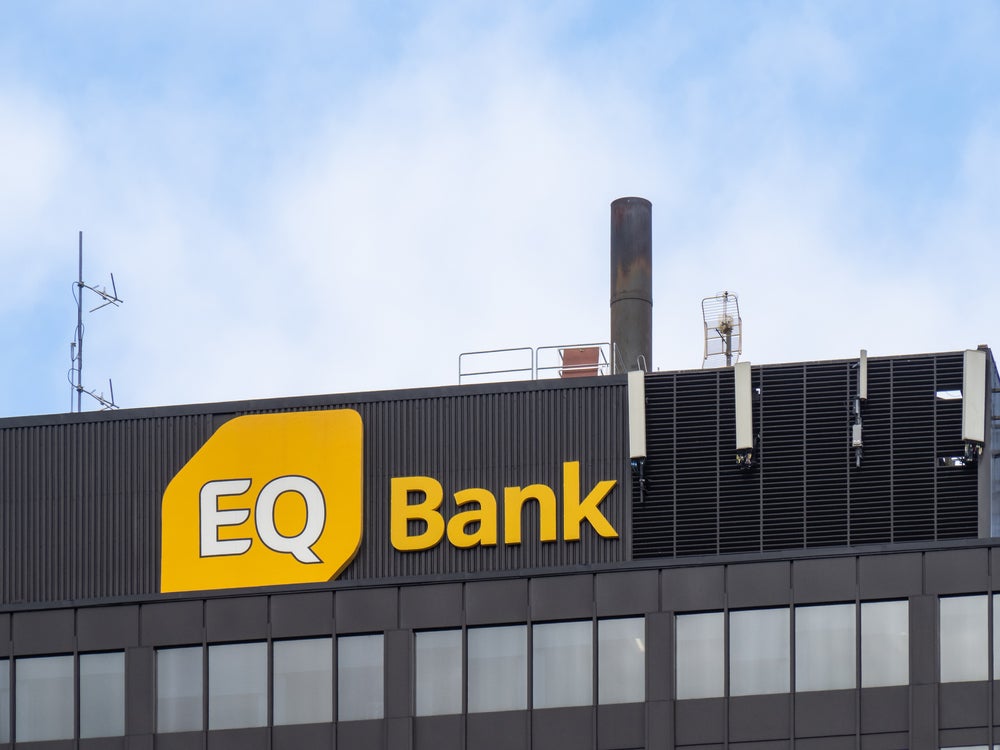
In order to create an extensive study on the subject of achieving interoperability for tokenised assets across public and private blockchains as well as legacy systems, Deutsche Bank has teamed up with a number of prominent financial institutions and Web3 founders.
In addition to providing flexibility, privacy, transparency, and scalability, the paper “Institutional Interoperability: How Financial Institutions Navigate a Multichain World” discusses how financial institutions might boost tokenised asset accessibility and liquidity.
Every author who contributed to the article highlighted the importance of interconnected network models that support several blockchains.
In the report, Deutsche Bank shared firsthand observations about its blockchain and tokenisation experiments from the standpoint of asset servicing.
The bank explains why, in its opinion, these technologies may provide clients with non-traditional business models with value that is quicker, more efficient, and less expensive.
It also explains the need for interoperability across blockchains and with conventional systems, as well as the difficulties in achieving it.
How well do you really know your competitors?
Access the most comprehensive Company Profiles on the market, powered by AiexpertInter. Save hours of research. Gain competitive edge.

Thank you!
Your download email will arrive shortly
Not ready to buy yet? Download a free sample
We are confident about the unique quality of our Company Profiles. However, we want you to make the most beneficial decision for your business, so we offer a free sample that you can download by submitting the below form
By AiexpertInterThe paper serves as a roadmap for financial institutions navigating the complex world of public and private blockchains, as well as customer and regulatory obligations, as they establish tokenised asset prospects.
Based on a framework developed by the Monetary Authority of Singapore’s Project Guardian in 2023, it was written by blockchain expert Emily Parker. Spotlight sections were contributed by Northern Trust, Citi, and Mastercard, among other contributors to the publication.
Moreover, the report was produced by Web-3 native innovators Axelar Foundation, with assistance from Centrifuge and Metrika.
Anand Rengarajan, global head of sales & head of securities services APAC, corporate bank, Deutsche Bank stated: ‘‘Multichain asset interoperability and servicing will likely become a necessity for asset servicers as their clients adopt different chains. It will be essential that asset servicers know how to address and service interoperability with scale, while ensuring digital asset safety to enable sustainable growth that multiple chains can amplify.’’
Georgios Vlachos, director of Axelar Foundation and co-founder of Axelar protocol added: “Tokenised assets are by nature interoperable, bridging assets recorded on off-chain ledgers with on-chain representations. The question isn’t, how do we facilitate one such connection – it’s how do we facilitate potentially thousands of connections across on-chain and off-chain ledgers, in a way that’s secure, scalable and open.”







